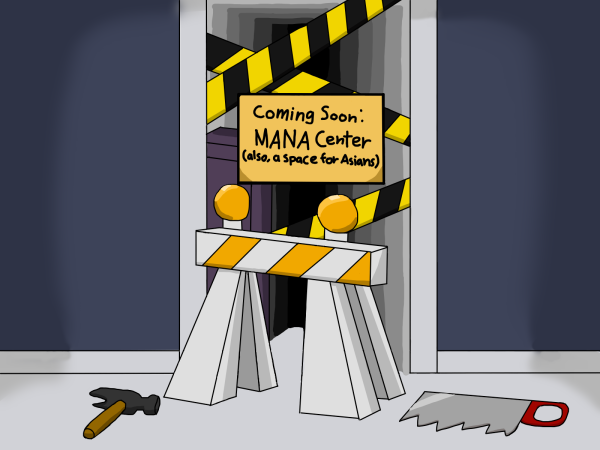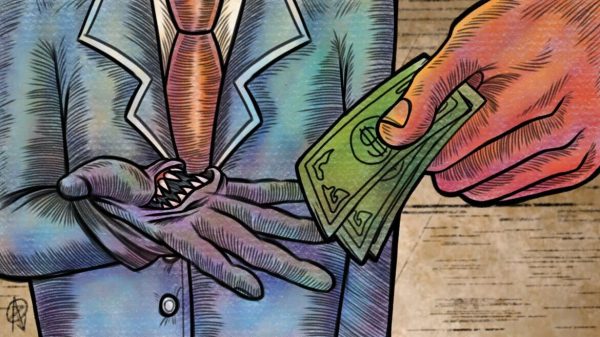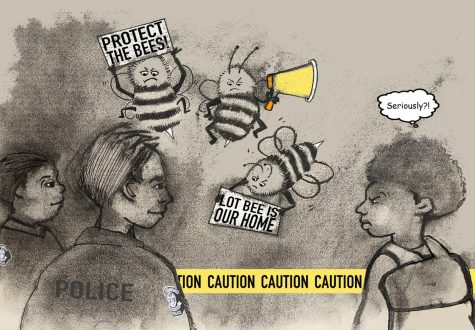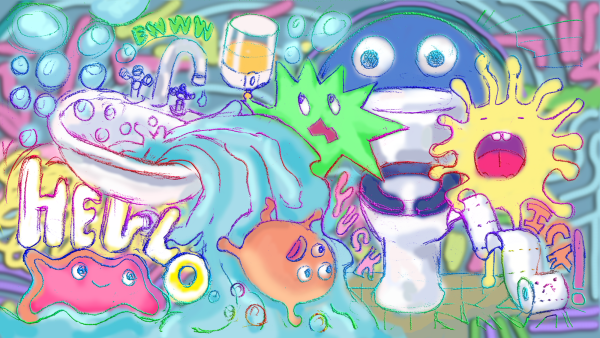Up for Debate: Going vegan is not the answer
Human beings are primates and primates have their eyes in the front of their heads, which in biology means that we are predators by nature. In contrast, animals that are prey have their eyes on the sides of their heads, like rabbits, for example. We have hunted animals for food since the beginning of human history, and fortunately for us, we tend to be a poor choice for food since we tend to be rather lanky and skinny, unlike rabbits or even deer.
Early humans have spent much of their time gathering vegetarian food, but hunting and killing game for food also served as an important supplement to their diet. The best way to get protein is by eating something that had walked this planet like we do.
When an indigenous group had difficulty gathering enough protein rich, vegan type foods, they could soon bring in some freshly killed game that would sustain everyone in terms of energy and nutrition.
Even for modern day humans, meat is generally an important and almost necessary staple. Beef, pork, and chicken are excellent sources of nutrients for the body with B vitamins that both stabilize the nervous system and fight off stress. It is no surprise that people often complain of having blood sugar crashes after about a month of going vegan when they had seldom experienced this before.
Since we are at the top of the food chain and unlike other animals in our cognitive abilities, we have a unique responsibility to think about our actions. It is our responsibility to think about how we treat the planet, other animals, and what we eat and why we eat it.
Being vegan may seem like one is addressing these matters appropriately, but it is actually much more complex than that. While it may be the calling of certain individuals to be vegan, and that has its purpose, I would argue that the most productive way to be a responsible consumer is to be a conscientious meat eater.
A mostly vegetarian diet, preferably from the local farmers market or similar venues, with a healthy amount of meat and animal by-products, I believe, is the answer.
You are not saving the planet by eating quinoa or soy. It is becoming more widely known that quinoa farms are wrecking havoc in certain parts of the world while soy bean production is a common cause of the destruction of rain forests. It is actually far less destructive to consume free range meats that were raised and killed in a reasonably humane way.
A decision to become mostly vegan will not only make a difference for the planet and for ourselves, but it will also be much easier to convince your friends to do the same. An all or nothing perspective usually leads to indifference, indecision, and very likely more hot dogs and juicy steaks. When it comes to your health and saving the planet, learning more about a plant-based diet, some fine vegan cooking, and treating yourself to a big, juicy, grass fed burger, which actually tastes better, is more to the point.









